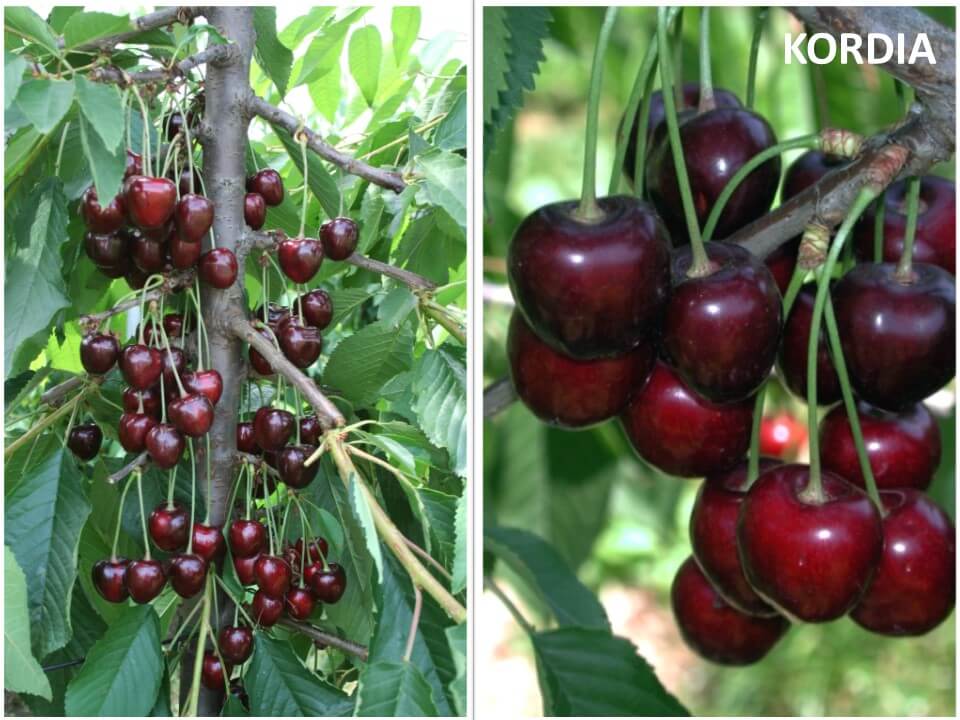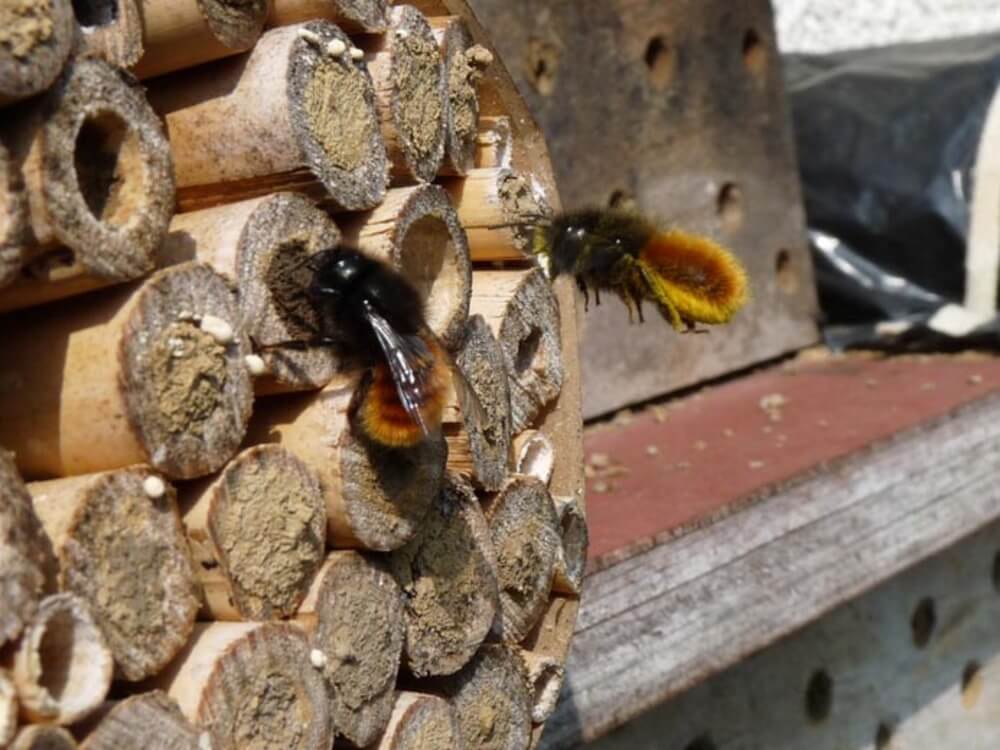A new Field Day under the auspices of the Cherry Genetic Improvement Programme (PMG) of the Agricultural Research Institute INIA, the Biofrutales consortium, and with the support of the Corporation for Productive Development, Corfo, was held in Talhuén, in the municipality of Ovalle, where cherry segregants adapted to the local climate from 2017 were evaluated.
According to Giovanni Lobos, researcher at INIA Intihuasi, 'the objective of the activity was to show the progress and status of segregants that could be transformed, in the future, into possible varieties that are adapted to the climate of the Coquimbo Region or other early areas of the country'.
During the visit, he emphasised the good reception of the new segregants this season. The visit was attended by producers from the area and other parts of the country, consultants, agricultural professionals, exporters, nurserymen and people interested in converting their orchards to cherry.
"These low winter cherry orchards showed uniform and early sprouting, short flowering, good fruit size and colour, long pedicel, good leaf/fruit ratio, as required by the industry, and all this in a natural way, i.e. without the use of growth regulators to compensate for the lack of chilling hours, as well as to improve size.
"This is what we are looking for in a possible new variety, so these presented characteristics must continue to be evaluated to see if they are maintained over time," explained Giovanni Lobos on the project's progress.
José Manuel Donoso, researcher at INIA Rayentué and director of the project, commented on the positive results obtained from the selection programme: "we have found five superior segregants, adapted to the low availability of winter cold in a year that was highly critical in this respect; with firm, large, quality fruit and good flavour".
He also pointed out that, although selection 21 is the most advanced, "we have at the level of this selection three other varieties that are in the evaluation stage and at the same time we have 40 intermediate selections that are in different stages of evaluation to go to the same level as selection 21.
"Every year we continue to cross and generate about five thousand segregants that will be evaluated in the coming years. The important thing is that this young programme has developed human and technological capacities that are now approaching a stage of maturity, which could be vital to sustain and support one of the most important fruit industries in the country, such as cherry cultivation."
For his part, the regional director of INIA Intihuasi, Claudio Salas, explained the importance of the Agricultural Research Institute in this area: 'As a research centre, we are making an important contribution to the generation of resilient agriculture, generating varieties with low chilling hours requirements as part of a sustainable strategy that takes into account the fact that climate change is affecting winter conditions.
This will allow farmers to adapt to weather conditions and produce food more efficiently in regions such as Coquimbo, where fruit growing has been severely affected by the climate crisis'.
Long-term public-private work
Genetic improvement is a wide-ranging work, as those who are part of the cherry PMG are well aware, which started to be developed at national level in 2010, in Ovalle in 2017, and where the collaborative work between INIA, Consorcio Biofrutales and Corfo has been fundamental throughout the process.
Rodrigo Cruzat, director of Consorcio Biofrutales, appreciated the progress of the programme, especially considering the challenges arising from climate change: 'This season is particularly challenging and has been very difficult for the cherry industry in general.
"We had a very warm winter, in which many areas did not reach the minimum levels of chilling hours, necessary for the plants to flower properly. In addition, we had a spring full of abnormal weather events, cold days and some areas with rain. Over the last 20 years, we have learnt how to manage the cherry better and have developed more technology packages, but it is essential that we continue to develop the genetic technology that will help us to better adapt to the growing conditions'.
Andrés Zurita, director of Corfo Coquimbo, emphasised the importance of these public-private research initiatives because 'they respond to the need to diversify the national fruit industry, they represent the aggregation of national knowledge through the improvement and development of local varieties.
In addition, they generate adaptive value in this commercially interesting species, as these future varieties are the genotypes best adapted to a changing climate, which in Coquimbo is expressed by changes in temperature trends (fewer hours of cold weather) and a productive and technological adaptation in line with the challenges of increasing water efficiency and the sustainability of regional production'.
The Seremi of Agriculture of the Coquimbo Region, Christian Alvarez, thanked the work carried out by the Agricultural Research Institute 'thanks to the research carried out by INIA, we are trying to provide new production options to farmers in our region, managing to obtain varieties adaptable to our environmental conditions. Faced with the current climatic situation, it is essential to have crop options that are adaptable to the area, in order to continue cultivating our land'.
Donoso, programme director, emphasised the importance of crop adaptation to climate change: 'The bottom line is that for a long time foreign genetics worked in the climate that existed before. However, we are in a climate that is changing, with rare springs, extreme heat, and we have shown that the selection and identification of genotypes in the territory will allow these plants to grow adapted to these changing climates, and this is the added value of this proposal'.
Source: Mundoagro
Image: INIA
Cherry Times - All rights reserved










